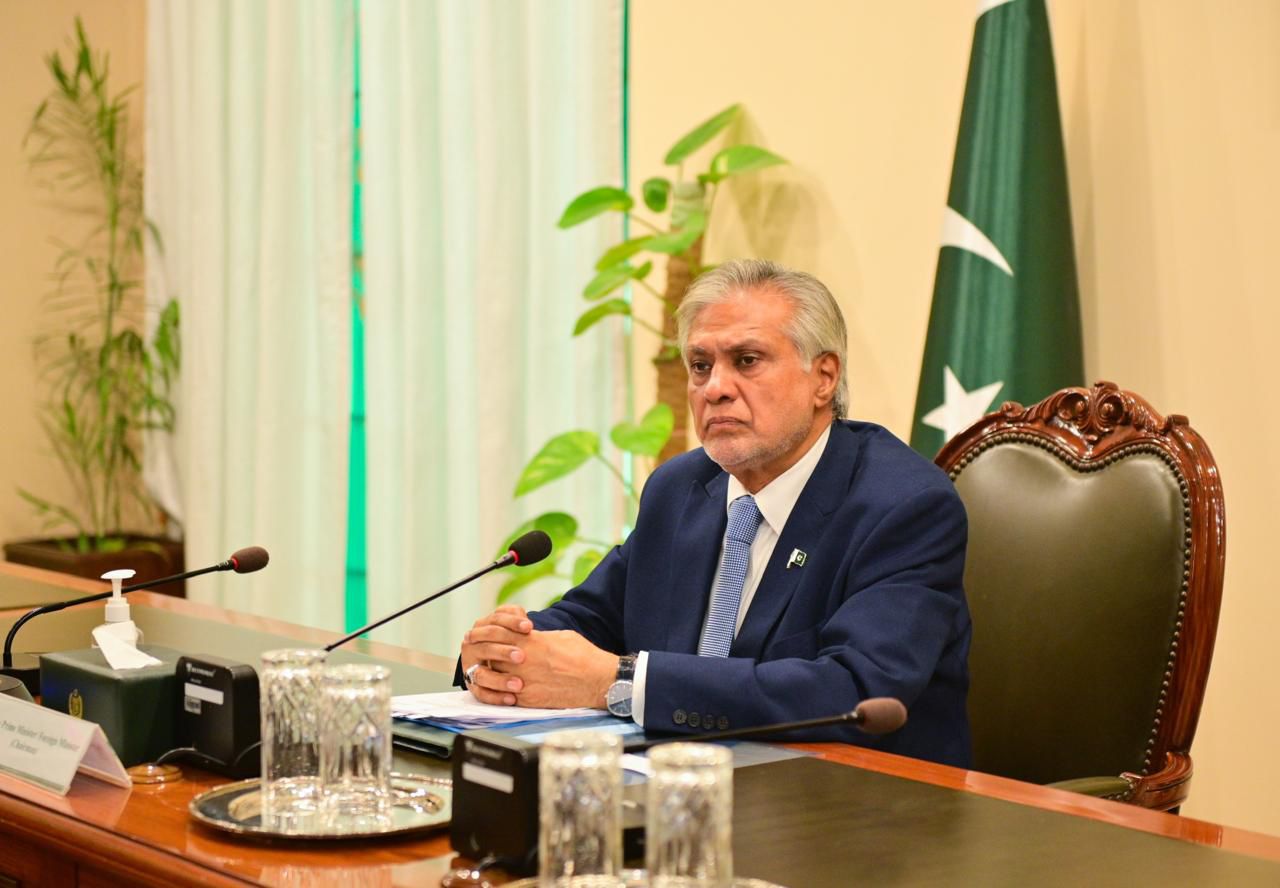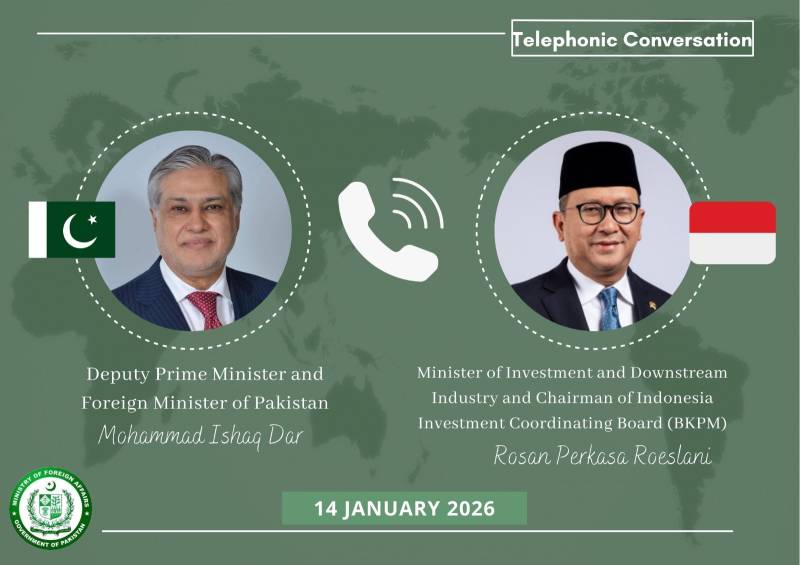– Advertisement –
ISLAMABAD, Jan 14 (APP):Deputy Prime Minister/Foreign Minister (DPM/FM), Senator Mohammad Ishaq Dar on Wednesday spoke with Minister of Investment & Downstream Industry and Chief Executive Officer of Indonesia’s Sovereign…

– Advertisement –
ISLAMABAD, Jan 14 (APP):Deputy Prime Minister/Foreign Minister (DPM/FM), Senator Mohammad Ishaq Dar on Wednesday spoke with Minister of Investment & Downstream Industry and Chief Executive Officer of Indonesia’s Sovereign…

Carle Illinois College of Medicine has appointed internationally recognized surgeon-scientist, biotech entrepreneur, and academic leader Dr. Adil Haider as its inaugural Chief Artificial Intelligence Officer (CAIO).
In this newly created role,…

KARACHI: Following the outcry surrounding his recently concluded three-day visit to Karachi, Chief Minister Khyber Pakhtunkhwa Sohail Afridi will visit the city again on Thursday, ARY News reported, citing sources.
According to sources, the…

Deputy Prime Minister and Foreign Minister Ishaq Dar held a meeting with Indonesia’s Minister of Investment and Downstream Industry, Rosan Roeslani, to discuss ways to enhance bilateral economic and investment cooperation between the two…